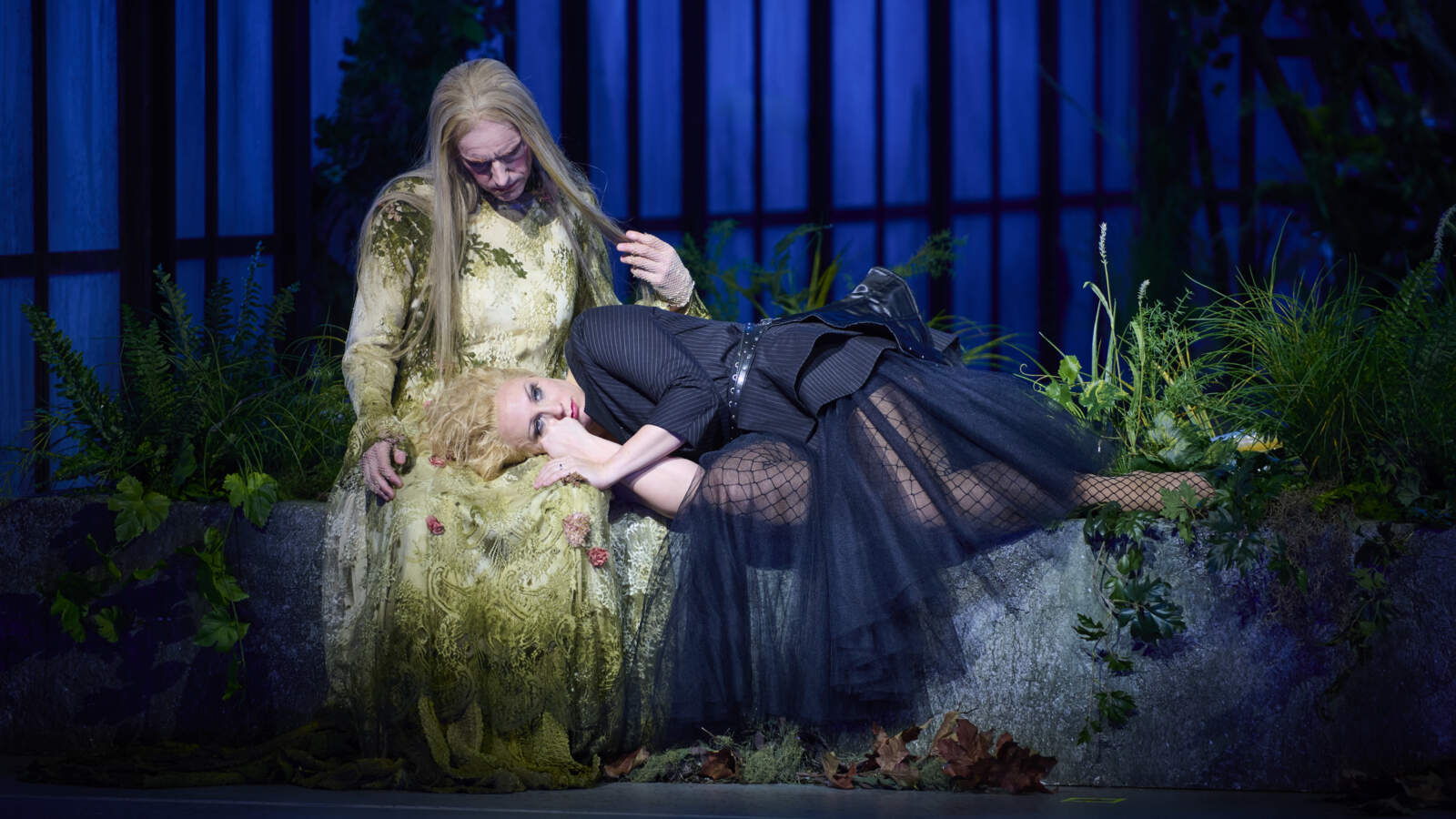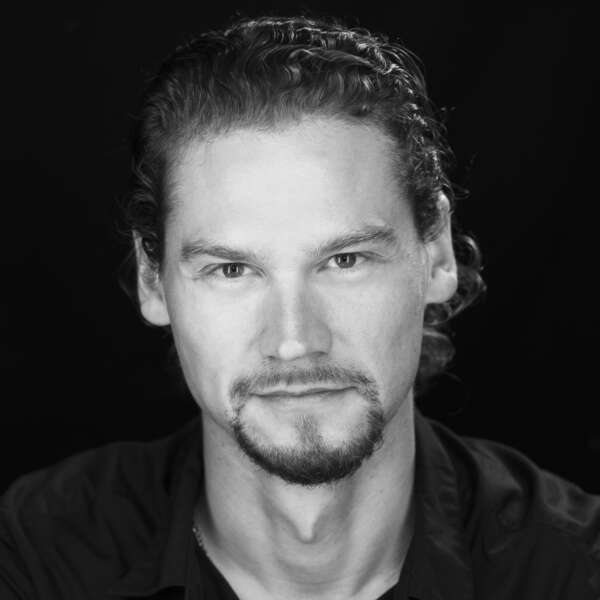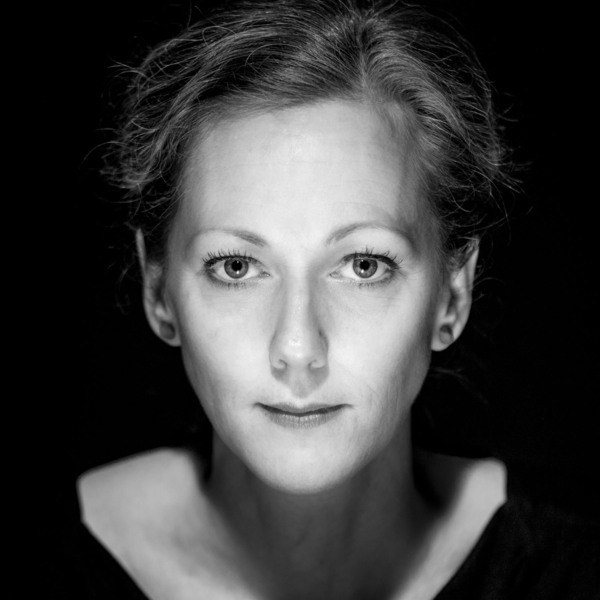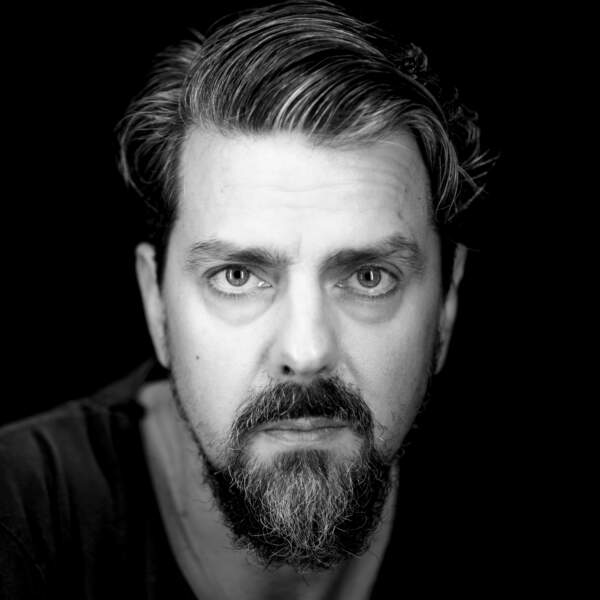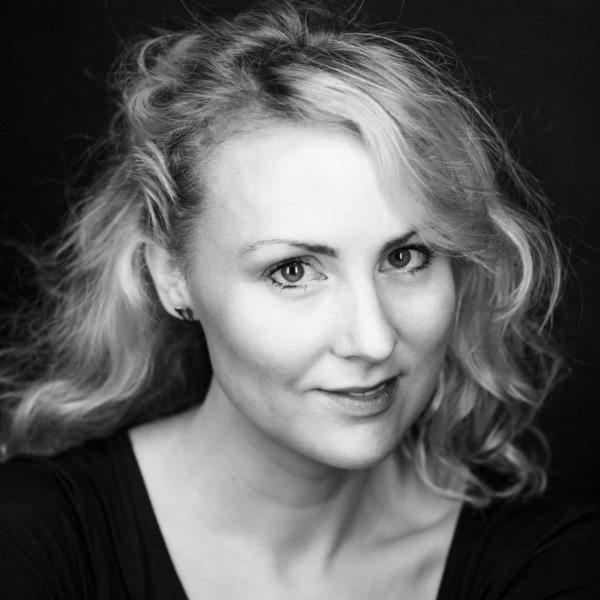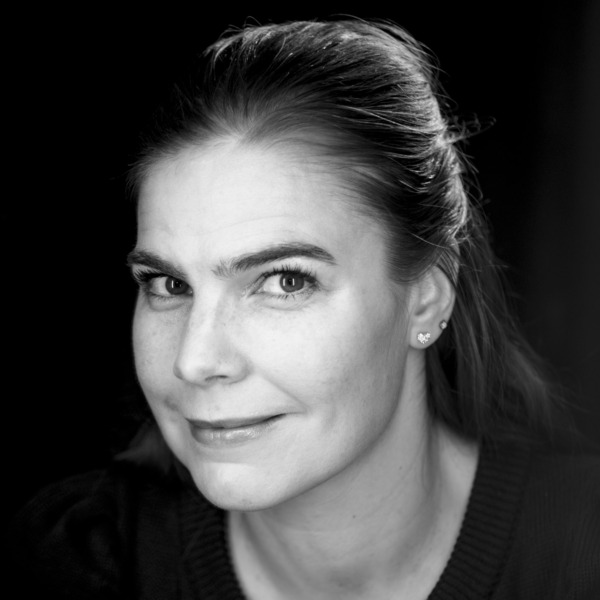The god Jupiter wishes to cure his wife Juno of her jealousy by tricking her into believing that he intends to marry the ugly marsh-nymph Platée. A delighted Platée accepts Jupiter’s proposal, unaware that she is a pawn in a cruel deception. The gods and animals alike mock Platée, who learns the hard lesson that one should never get above one’s station.
The French baroque opera Platée is a tragicomedy that satirises the beauty ideal. German director Andreas Kriegenburg certainly has an eye for depicting human vulnerabilities in a way that arouses our empathy. In this melancholy and slightly surreal production, Platée is an eccentric older woman who lives alone in an enchanted greenhouse in a well-to-do area. Surely, it goes without saying that a powerful younger man could never fall in love with a simple old woman. Or does it? When ageing, people acquire a new kind of beauty, as more life is gathered in their bodies than in those of young people. Platée believes in herself and her ability to find love and intimacy.
The eponymous heroine is performed by Anders J Dahlin, distinguished in the unusual voice type haut-contre, a high tenor voice in French Baroque. He is joined by coloratura soprano Sofie Asplund as La Folie, madness itself.
As conductor, renowned French Baroque interpreter Paul Agnew, who played the title role himself earlier in his career, brings an extra lightness of touch to the music.


